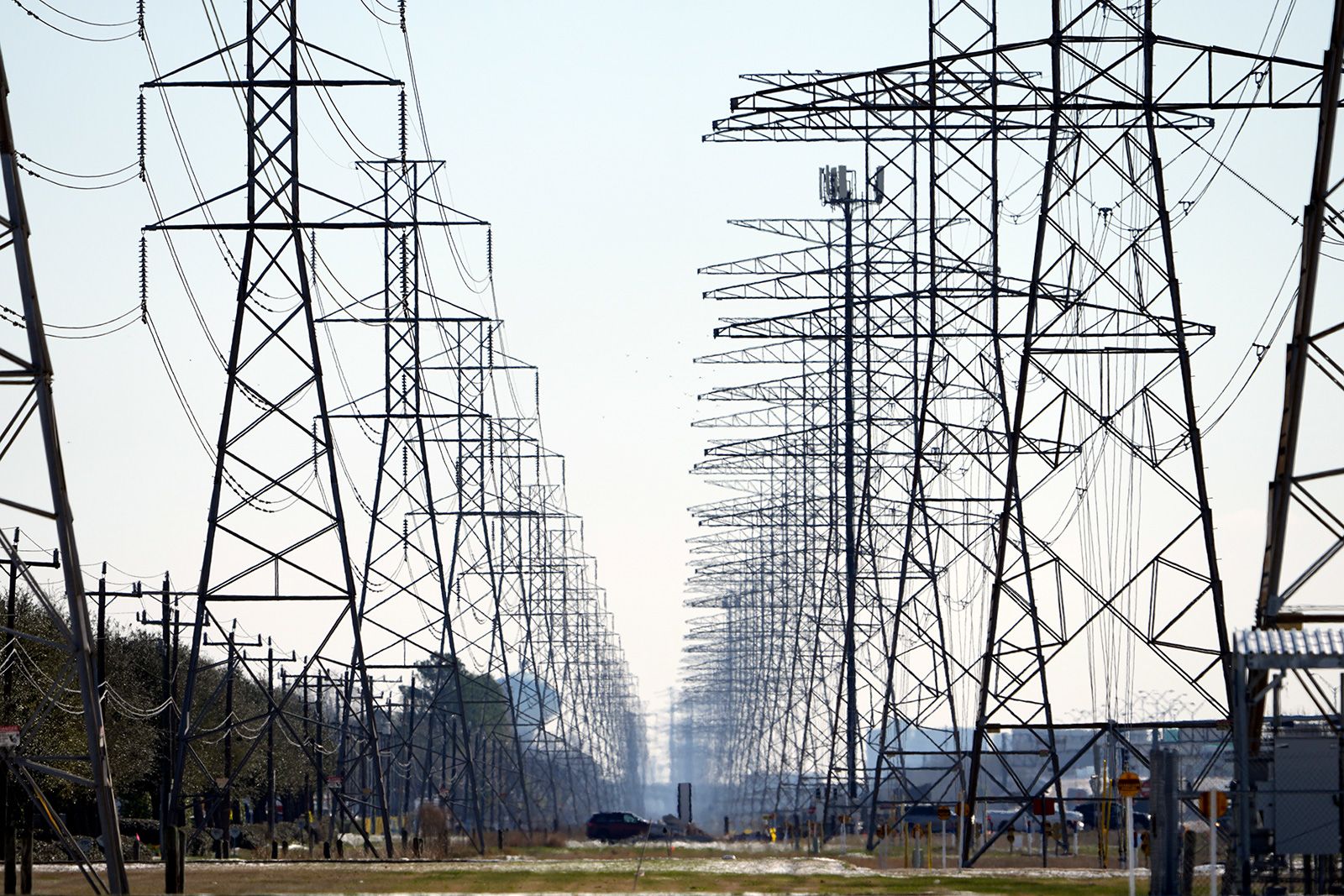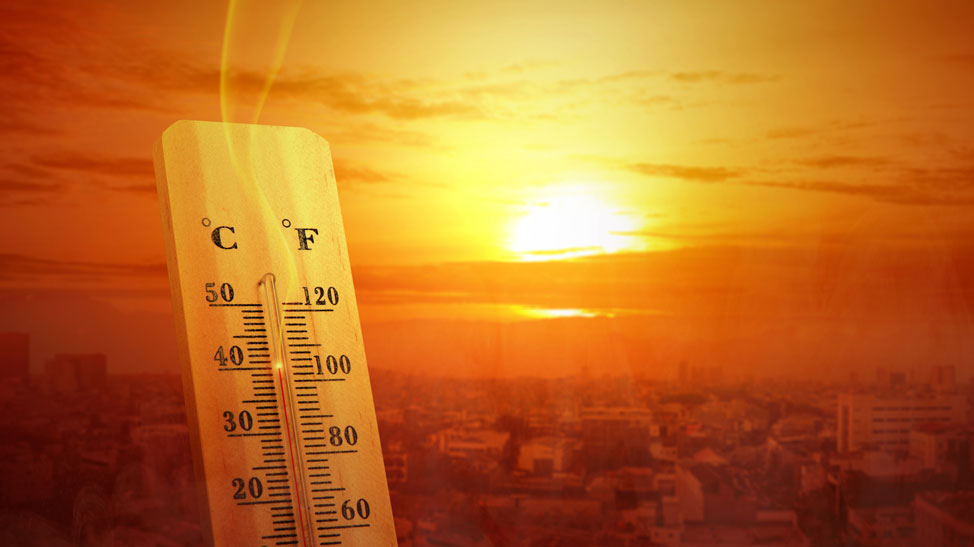As summer temperatures rise and energy costs increase, American families especially those with lower incomes, face heightened financial strain amid rising inflation and insufficient protections against electricity shutoffs during extreme heat.
Rising Summer Utility Energy Costs Hit Low-Income Families Hard Amid Heatwave Threats
According to The Cool Down, this summer, many families in America are facing higher utility bills like energy costs because it’s getting hotter. A recent report says energy costs could go up by 8% due to more frequent extreme heat. At the same time, prices for everyday things like food and gas have also gone up by about 3.3% over the past year. This makes it harder for families to manage their money.
For families with lower incomes, the situation is even tougher. In most states, there aren’t protections to stop power companies from shutting off electricity in summer. This raises worries about health risks when it gets very hot. Last year, around 11,000 deaths were linked to heat showing how serious the problem can be. People like Shelby Green from the Energy and Policy Institute say families often have to choose between paying their energy cost bills or other important expenses which can lead to debt and hardships.
READ ALSO: 13 Teens & Kids Win Landmark Climate Victory: Agrees To Decarbonize Hawaii’s Transportation Via 2042

8% Energy Cost Increase: A 3.3% Price Spike for Americans, 11,000 Heat-Related Deaths – How to Beat the Heat and Save! (PHOTO: CNN)
Efficient Energy Solutions – How Families Can Cut Costs and Cool Homes During Summer
But there are ways to help. Companies like Budderfly in Connecticut offer upgrades that use less energy and might even cover some of your bills if they don’t work as promised. Switching to cleaner energy sources like solar power can save money in the long run and also help reduce pollution that makes summers hotter. Simple things like planting more trees or using energy-efficient lightbulbs can also make a difference in keeping energy costs down and protecting the environment. In short, as summer heats up, finding ways to lower energy bills is crucial for families struggling to make ends meet. It’s not just about saving money—it’s about keeping homes cool and safe while also doing our part to fight climate change.

















































